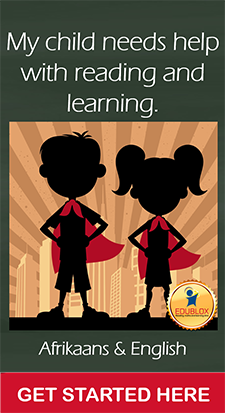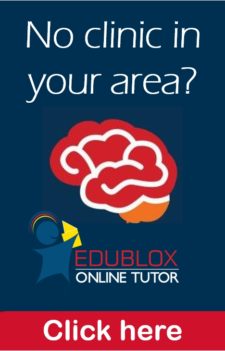

According to popular belief dyslexia is a neurological disorder in the brain which causes information to be processed and interpreted differently, resulting in reading difficulties. Historically, the dyslexia label has been assigned to learners who are bright, even verbally articulate, but who struggle with reading; in short, whose high IQs mismatch their low reading scores. When children are not as bright, their reading troubles have been chalked up to their general intellectual limitations.
However, with the advancement in technology and extensive research, this notion has recently been challenged by neuroscientist John D. E. Gabrieli at the Massachusetts Institute of Technology. The brain imaging scans from the study found that there was no difference between the way poor readers with or without dyslexia think while reading.
The study conducted by Dr Gabrieli involved 131 children, aged 7 to 16, and following a simple reading test and an IQ measure, each child was assigned to one of three groups: typical readers with typical IQs, poor readers with typical IQs, and poor readers with low IQs. During the test, researchers used functional magnetic resonance imaging (fMRI) to observe the activity in six brain regions identified as being important in connecting print and sound.
The results indicated that poor readers of all IQ levels showed significantly less brain activity in the six observed areas than typical readers. But there was no difference in the brains of the poor readers, regardless of their IQs.
Susan du Plessis, Director of Educational Programs at Edublox, and author of The Truth About Learning Disabilities, indicates, “IQ tests are an invalid method of diagnosing dyslexia; dyslexia is not a disability, but an inability; all children, regardless of IQ, can learn to read.
“At Edublox we focus on two basic characteristics: firstly that no one can do anything that they have not learnt to do, and secondly that the learning process is a stratified process, in other words, it proceeds one step at a time. If you miss out on one of the steps, you can’t simply go on to the next step and hope you’ll understand it. You need to retrace your steps and master each step before moving on to the next step.
“A child who hasn’t learnt to count will never be able to add or subtract. In the same way, a child must first acquire certain skills and knowledge before it becomes possible for them to become a good reader. Foundational skills like concentration, visual discrimination, accurate perception and memorising, skills of association, auditory memory and lateral interpretation are all functions that form the foundation of good reading and spelling.
“At Edublox we have had many success stories of learners overcoming their reading difficulties. Kyle Christie from Witbank is a recent example of a learner that went from a borderline failure pupil to an ‘A’ Achiever after committing to the Edublox program,” Du Plessis commented.
Mike Christie, Kyle’s father indicated, “Not only did Kyle’s academic results and achievements improve remarkably as he overcame his reading difficulty, but his self-esteem and confidence in his extra mural activities were also positively impacted. Kyle’s temperament also changed considerably and he is much more relaxed and able to concentrate a lot better than before.”
More about Edublox
The Edublox methodology is based on 30 years’ practical experience combined with 50 years of intensive research about reading and learning. Edublox have helped learners in South Africa as well as internationally and certain Edublox products are exported to eight countries worldwide. The latest and best technologies are presented at the Edublox clinics. Edublox sharpens attention and concentration, develops accurate perception, improves memory and promotes logical thinking, and also improves reading, spelling and writing. Even learners who are seriously dyslexic can be helped to overcome their problems completely.






Leave a Reply